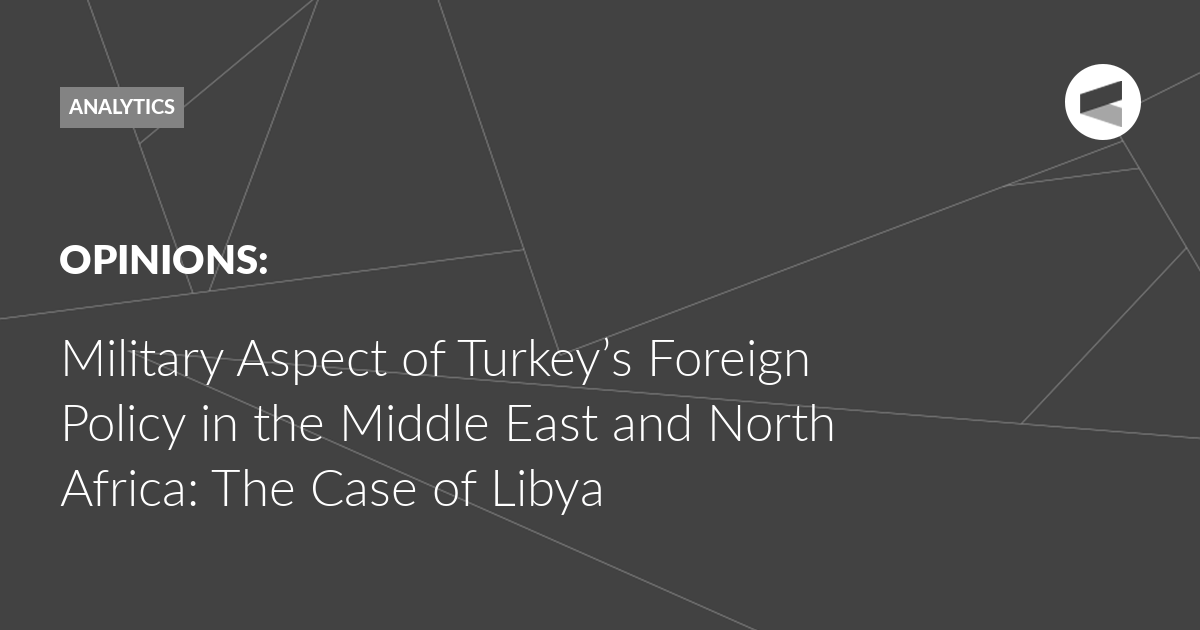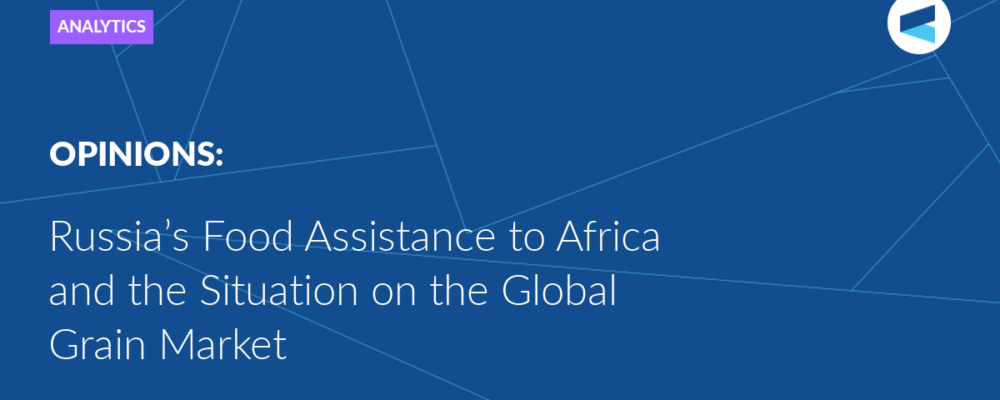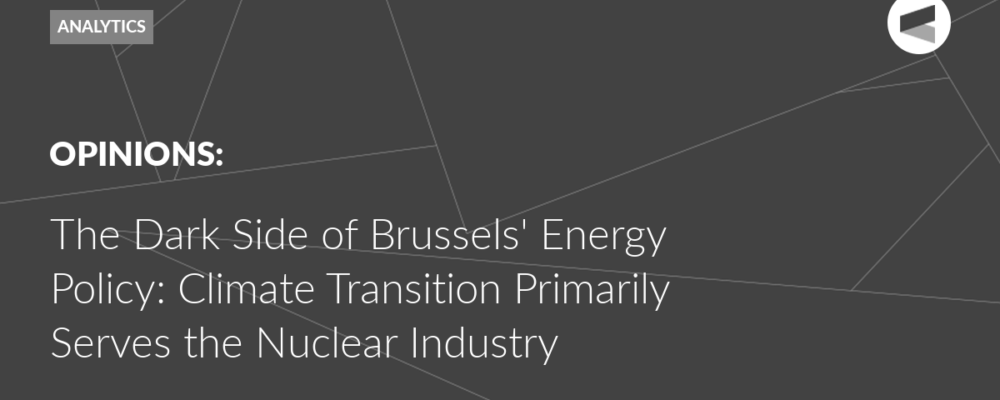For a long time, Turkey’s military industry has been critically dependent on Western financing, institutions and technology, the fragmentary manifestations and consequences of which persist today. However, during the AKP period, the Turkish military-industrial complex has gone through two main stages of development: eliminating external dependence and developing the country’s internal potential and introducing a high-tech component of the military-industrial complex and entering the international market, writes Nubara Kulieva, a participant in the Valdai – New Generation project..
The militarisation of Turkey’s foreign policy during Justice and Development Party rule has been accompanied by the weakening of the role of the Armed Forces and military institutions in the domestic political system. The approach to the use of military force in Turkey’s foreign policy has become more complex, and at the same time its importance and possible options have increased.
From the establishment of the Turkish Republic until the mid-2000s, the army had been an effective tool for influencing both domestic and foreign policy decision-making. It determined the ability of a particular political force to consolidate power in the country and was one of the main obstacles to pro-Islamic parties and movements gaining legal influence. Moreover, the military was a guarantor of political stability in the country, and directly intervened in the political processes more than once (in 1960, 1971 and 1980).
During the AKP’s tenure ruling Turkey, the army’s functioning as a political institution has changed.
Until the early 2000s, the army was primarily an instrument for stabilising and regulating domestic politics. The foreign policy dimension of its activities was limited to involvement in multilateral formats (military coalitions, NATO and UN peacekeeping missions). Since the mid-2000s, the army has primarily played the role of an instrument to form an autonomous foreign policy model in accordance with national rather than collective interests. The nature of its activities has changed, with a transition from risk management and reactive measures within Turkey to a strategy of using the military in a preventive way outside the nation’s borders.
However, the process of dismantling the institutions of military influence within the political system has not weakened the Turkish army in terms of its combat effectiveness. On the contrary, it has been accompanied by a strengthening of the army as an effective foreign policy instrument, given the already high potential of the Turkish Armed Forces as the second-most-powerful among the NATO members. Turkey’s military spending as of 2024 was a record 1 trillion 133 billion Turkish lira, which at the time of the budget’s approval was equal to more than $40 billion.
This is about 8.8% of the country’s budget and indicates an increase of over 150% compared to the 2023 budget.
For a long time, Turkey’s military industry has been critically dependent on Western financing, institutions and technology, the fragmentary manifestations and consequences of which persist today. The process of reducing the importance of the external component in the formation of the country’s military potential began after the “Peacekeeping Operation in Cyprus” in 1974, which led to the introduction of an arms embargo by the United States. However, during the AKP period, the Turkish military-industrial complex has gone through two main stages of development: 1) eliminating external dependence and developing the country’s internal potential and 2) introducing a high-tech component of the military-industrial complex and entering the international market.
As of 2023, the share of the national component in the Turkish military-industrial complex was 80%, and by 2028 this indicator is expected to increase to 85%, while as of 2002, the AKP mentioned only 25%. Anyway, one cannot talk about the complete autonomy of the Turkish military-industrial complex, since the achieved successes affect only some strategically important industries. In other cases, reliance on cooperation with NATO countries and a focus on imports remains.
According to SIPRI, Turkey ranked 11th among the world’s 25 largest suppliers of major conventional weapons in 2019–2023. Turkey’s defence and aerospace exports reached a record $5.5 billion in 2023, up 27% from 2022. The main destination for Turkish arms exports is the MENA region, along with a growing share of African countries, and the top three recipients are the United Arab Emirates, Qatar and Pakistan.
In recent years, Turkey has been focusing on the development of unmanned aerial systems, especially in the segment of medium and tactical combat drones. Turkish UAVs, primarily the ANKA and Bayraktar TB-2, have proven their effectiveness in the region in Syria and Libya, which has attracted the attention of a wide range of countries to their supplies. Regional actors such as Qatar, Tunisia, Morocco and Saudi Arabia already have between one and several dozen Turkish drones.
The Valdai Discussion Club was established in 2004. It is named after Lake Valdai, which is located close to Veliky Novgorod, where the Club’s first meeting took place.
Please visit the firm link to site






